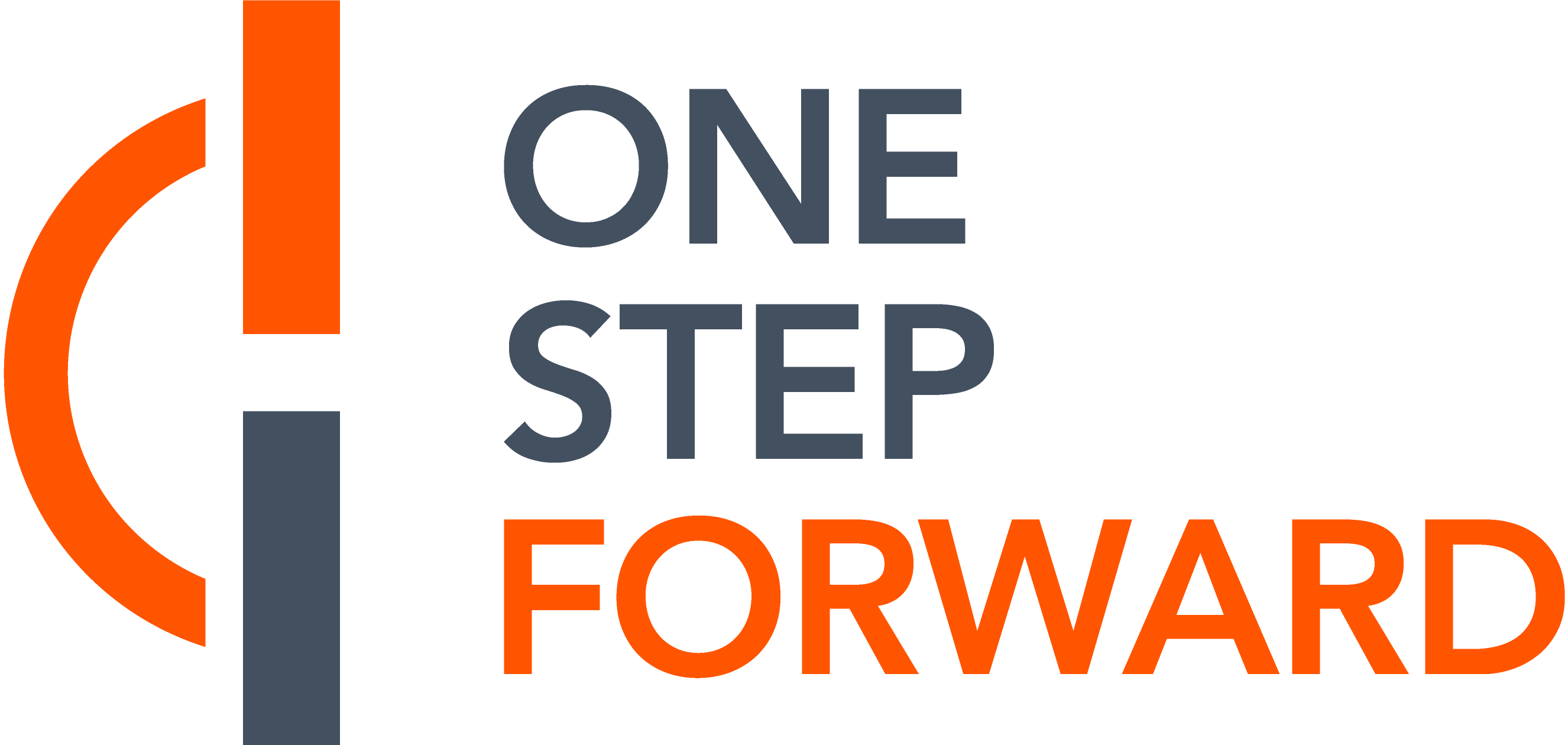Episode notes
Tariq has led teams on the ground in most of the major disasters of the last decade, with agencies including Oxfam, Médecins sans frontières, AfghanAid and the International Rescue Committee.
These are the highest-pressure management environments one can imagine, and this is a pretty wide-ranging conversation on professional practice and ethics in the humanitarian sector.
What we talk about:
[02:15] A career trajectory in emergency response, from beginnings in Afghanistan, through central and west Africa, to Yemen and Iraq. The advantages of learning the ropes in a small and locally-led organisation.
[05:00] The initial appeal of working on major emergencies, and early experiences. How humanitarian agencies recruit and manage people. The advantages and disadvantages of the MSF model.
[09:30] The limits of localisation and why the big humanitarian agencies remain relevant. How to lead in a “surge” where there’s a need to move quickly, and little clear guidance. Losing patience with ego-driven management.
[13:15] “The greatest job that he ever had”. A career highlight in Yemen, scaling up operations under high-intensity bombing.
[15:45] Career lowlights. Resigning due to unethical behaviour, and the standards that must be maintained for humanitarian action.
[18:30] Management principles for unpredictable operating environments. The humanitarian sector’s tendency to under-value professional management, and to under-invest in it.
[25:30] Key mentor figures, including an early colleague in Afghanistan.
[29:00] What comes next, after fifteen years in major emergencies. The lack of sustainable career paths in the humanitarian sector, and the price that individuals pay for that.
